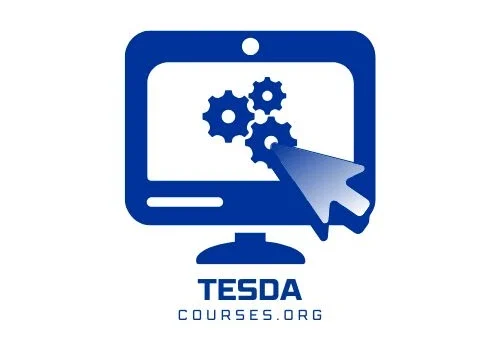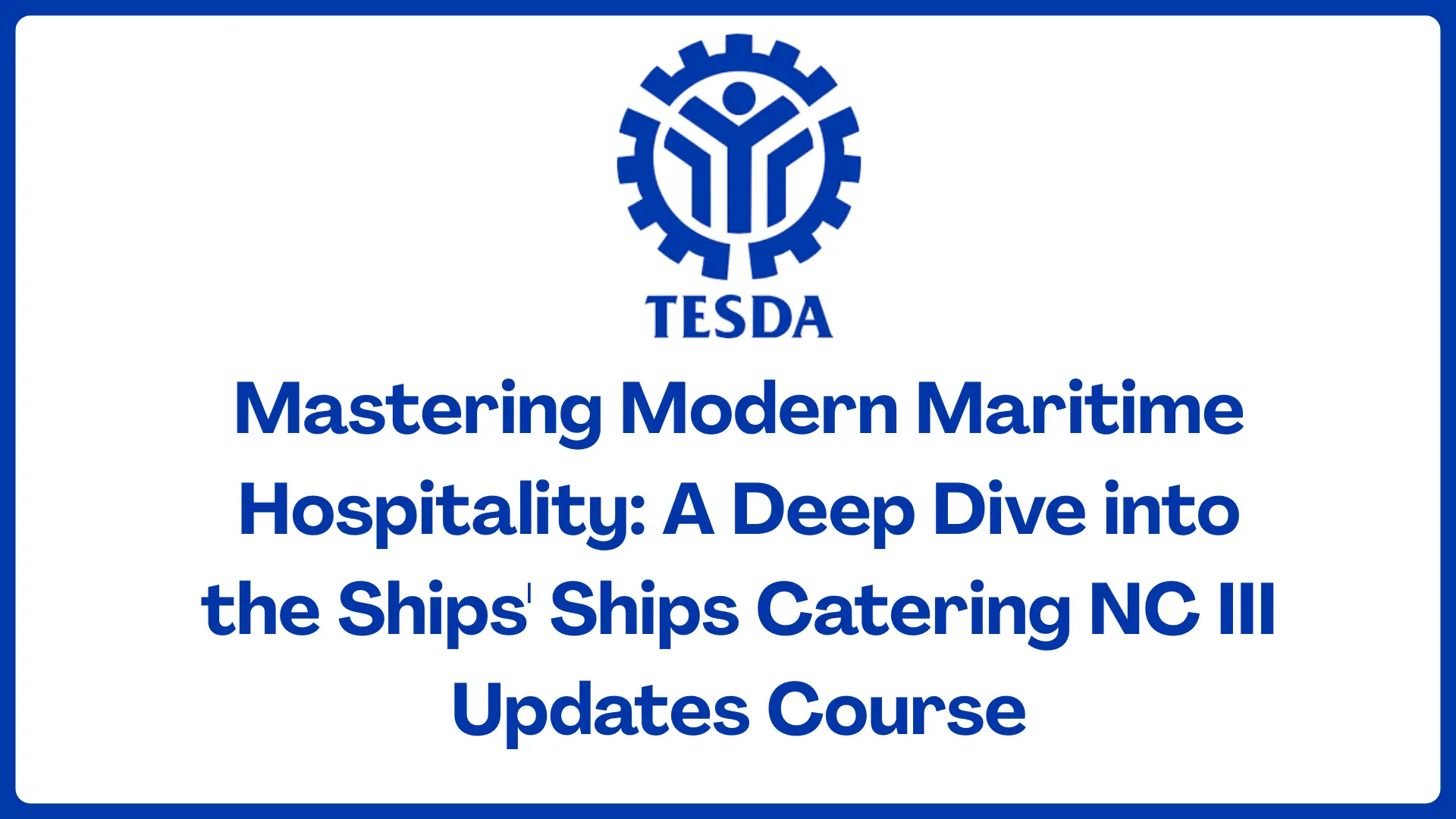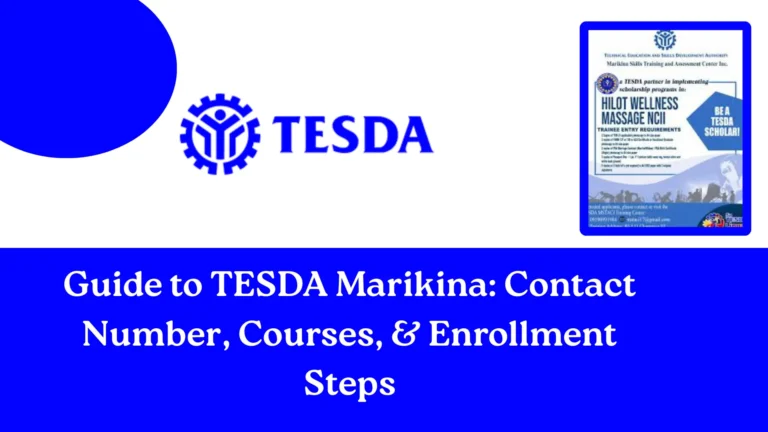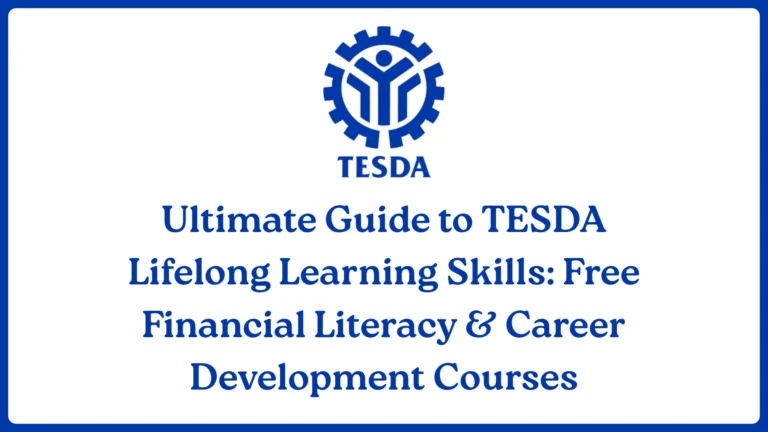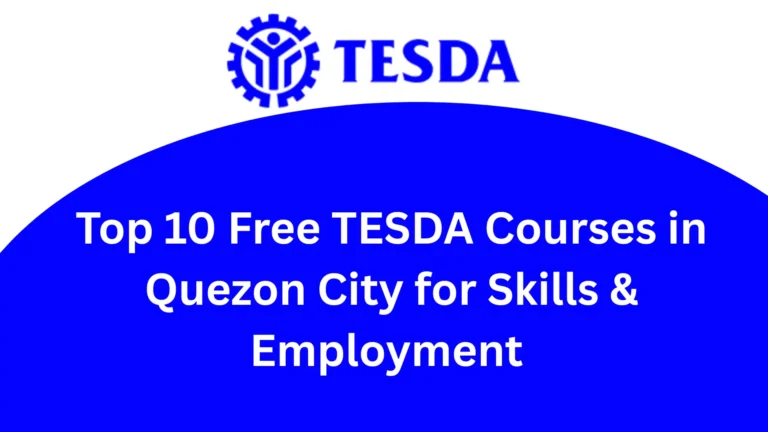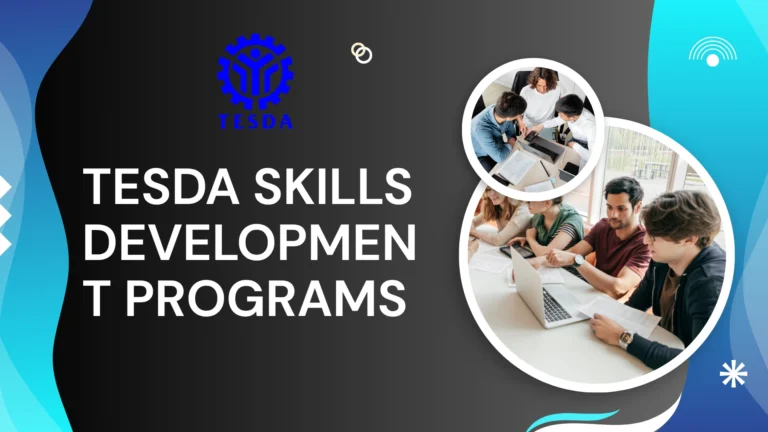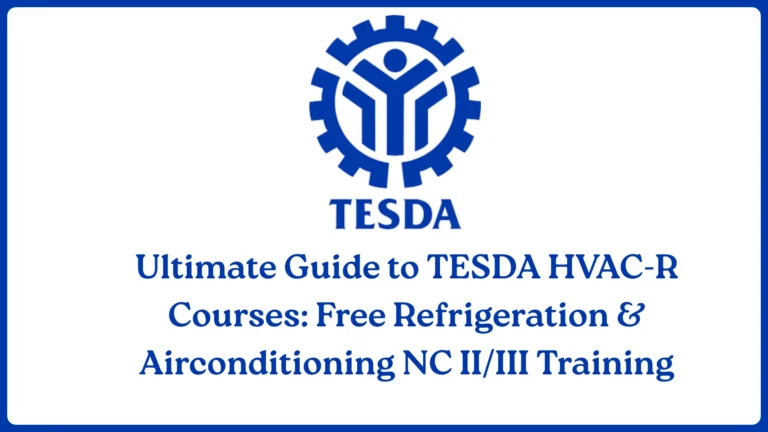Mastering Modern Maritime Hospitality: A Deep Dive into the Ships’ Ships Catering NC III Updates Course
The maritime industry is a complex, dynamic world where efficiency, safety, and well-being are paramount. While the focus often lies on navigation, engineering, and cargo operations, there is a critical component that directly impacts crew morale, health, and performance: ships catering. For professionals in this vital field, staying updated with international standards is not just a recommendation—it’s a requirement.
This comprehensive guide explores the Ships Catering NC III (Updates) course, a crucial program designed to align maritime hospitality with the rigorous standards of the Maritime Labour Convention, 2006 (MLC). We will delve into its curriculum, its importance for career advancement, and how it meets the evolving demands of the global shipping industry.
Understanding the Ships Catering NC III (Updates) Course
What is the Ships’ Catering NC III (Updates)?
The Ships Catering NC III (Updates) is a specialized, self-paced training program intended for maritime catering personnel who already hold a foundational Ships Catering NC III qualification or equivalent experience. It is not a full certification course but an essential update module.
The core purpose of this course is to integrate the latest amendments and mandatory standards set forth by the International Labour Organization (ILO) through the Maritime Labour Convention, 2006 (MLC). The MLC, often called the “Seafarers’ Bill of Rights,” establishes comprehensive minimum requirements for the working and living conditions of all seafarers, with food and catering services being a central pillar.
Target Audience: Who is This Course For?
This course is meticulously designed for:
- Ship Cooks and Chief Cooks: To refine their skills and ensure compliance with international law.
- Galley Staff and Stewards: Seeking to advance their careers into supervisory roles within the galley.
- Catering Officers/Provision Masters: Responsible for inventory, budgeting, and overall galley administration.
- Maritime Professionals: Pursuing promotion and needing to document updated knowledge for compliance purposes.
- Maritime Training Centers: Incorporating the latest standards into their full Ships Catering NC III curriculum.
Core Curriculum: What Does the Course Cover?
The “Updates” component zeroes in on two critical, interconnected areas mandated by the MLC, 2006:
1. Preparation of Nutritionally Balanced Diets
This is far more than just cooking; it’s about science, health, and morale at sea.
- Nutritional Science: Understanding macronutrients (proteins, carbohydrates, fats) and micronutrients (vitamins, minerals) and their specific importance for seafarers facing long voyages, shift work, and physically demanding jobs.
- Menu Planning: Designing cyclical menus that are diverse, culturally appropriate for a multicultural crew, and capable of utilizing provisions that remain fresh over extended periods.
- Dietary Requirements and Allergies: Catering to medical conditions (e.g., diabetes, hypertension), religious dietary laws (Halal, Kosher), and personal choices (vegetarian, vegan) as required by the MLC’s provisions on food.
- Health and Wellness: Preparing meals that combat fatigue, promote alertness, and support overall physical and mental well-being, which is crucial for safety on board.
2. Supervision and Administration of the Galley Area
This elevates the role from a cook to a manager, ensuring the galley operates as a safe, efficient, and compliant department.
- MLC Compliance in Practice: Implementing specific MLC regulations, including:
- Regulation 3.2 – Food and Catering: Ensuring food and water are of appropriate quality, nutritional value, and quantity.
- Accommodation and Facilities: Maintaining galley and food storage areas to the highest standards of hygiene and safety.
- Inventory and Provision Management: Mastering stock control, rotation (FIFO – First-In, First-Out), budgeting, and effective ordering to minimize waste and ensure continuous supply.
- HACCP Principles: Implementing Hazard Analysis and Critical Control Points (HACCP) systems to identify and control biological, chemical, and physical hazards throughout the food production process.
- Team Supervision: Leading a multicultural galley team, delegating tasks, managing workloads, and conducting basic training on hygiene and safety procedures.
- Safety and Hygiene Protocols: Enforcing strict personal hygiene, pest control, waste disposal, and sanitation protocols as per international safety management (ISM) codes.
The Pivotal Role of the Maritime Labour Convention, 2006 (MLC)
The MLC, 2006 is the backbone of this updates course. Understanding its significance is key.
- A Seafarer’s Right to Adequate Food: The MLC explicitly states that seafarers must have access to quality food and drinking water provided under regulated hygienic conditions.
- Mandatory Certification: Ships of 500 GT and above that engage in international voyages must carry a Maritime Labour Certificate and a Declaration of Maritime Labour Compliance (DMLC Part II), which outlines the shipowner’s measures for compliance, including those related to food and catering.
- Port State Control: Authorities can inspect vessels and detain them for serious deficiencies, including those related to food provisions, water, and galley hygiene. Properly trained catering staff are a ship’s first line of defense against such violations.
Why is This Training Non-Negotiable for a Maritime Career?
- Regulatory Compliance & Avoiding Detention: Trained staff ensure a vessel passes Port State Control inspections seamlessly, avoiding costly delays, detentions, and fines.
- Enhanced Crew Health & Morale: Good food is directly linked to high morale. A well-fed crew is a happy, cohesive, and productive team, reducing turnover and improving overall operational efficiency.
- Safety On Board: Foodborne illnesses can incapacitate a crew member or an entire crew, creating a severe safety hazard in a demanding marine environment. Proper training prevents this.
- Career Advancement: Holding this updated certification demonstrates professionalism, a commitment to standards, and readiness for supervisory roles like Chief Cook or Catering Officer.
- Operational Efficiency: Skills in administration and provisioning lead to significant cost savings through reduced waste and optimized inventory management.
Conclusion: Investing in Excellence at Sea
The Ships Catering NC III (Updates) course is much more than a procedural formality. It is a strategic investment in human capital, operational excellence, and regulatory adherence. By mastering the preparation of nutritious food and the sophisticated administration of the galley, maritime catering professionals transform from support staff into indispensable leaders who safeguard the health and morale of the crew—the most valuable asset on any vessel.
In an industry governed by strict international conventions, this course ensures that those responsible for “fueling” the crew are equipped with the most current knowledge, thereby upholding the rights of seafarers and ensuring the smooth, safe, and compliant operation of ships worldwide.
For any maritime catering professional looking to future-proof their career and contribute to a higher standard of living at sea, enrolling in this self-paced update is not just an option—it is an essential step forward.
